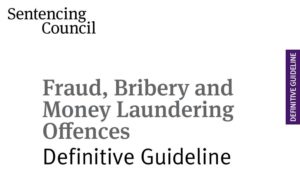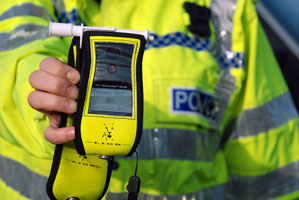Category Archives: News
There are two main offences that are prosecuted in relation to benefit fraud. One involves dishonesty on behalf of the benefit claimant while the other does not.
Benefit fraud – the dishonesty offence
It is an offence to dishonestly make a representation in order to obtain benefit. This offence includes circumstances where there has been a dishonest failure to promptly notify a change in circumstances, as well as making a claim that is dishonest from the outset.
Benefit fraud where a claimant is not dishonest
It is an offence to knowingly make a false statement to obtain benefit. Again this can be in an initial claim for benefits or failing to give prompt notification of a change in circumstances.
What does this all actually mean?
The following definitions are given:
Dishonesty
This has the normal meaning that is used in criminal offences.
The lesser offence, of course, does not require dishonesty but does require proof of knowingly failing to notify.
The test for dishonesty was recently revisited by the Supreme Court and the result may well be that it is now easier to prosecute for dishonesty based benefit fraud.
Change in circumstances
There must be proof that the offender knew there was a change of circumstances and that the change would have effected a change in benefit.
Such changes in circumstance might include starting to live with a partner or gaining employment, or an inheritance leading to a change in finances for the better.
“Promptly notify”
Prompt is to be given its natural meaning and is a matter of fact. It is for the prosecution to prove that it was not prompt. It is therefore essential to explore all of the surrounding circumstances as this may provide a defence, not only mitigation.
Are there other offences?
There are other offences of fraud and false accounting related to benefits that are not covered in this article.
What is the likely sentence for benefit fraud?
 The non-dishonesty benefit fraud offence an only be dealt with in the Magistrates’ Court and carries a maximum term of imprisonment of 3 months.
The non-dishonesty benefit fraud offence an only be dealt with in the Magistrates’ Court and carries a maximum term of imprisonment of 3 months.
The offence involving dishonesty can be dealt with at the Magistrates’ Court or the Crown Court. At the Crown Court it carries a maximum of seven years imprisonment.
The main factors for consideration in sentencing will be:
- the length of time of the over payment
- the total value of benefits overpaid
- whether or not the claim was dishonest from the outset.
A claim that is of high value, over a sustained period and which was dishonest from the beginning is more likely to attract a term of imprisonment.
The full sentencing guideline can be found here.
How can we help you defend a benefit fraud allegation?
Our advice, as always, is to seek legal advice as soon as you know that you are being investigated for an offence.
Early legal advice from an expert criminal solicitor may help you set out any defence that you might have in interview, or provide mitigation that might help you avoid a prosecution through the courts.
If a case gets to court then benefit fraud offences frequently generate vast quantities of paperwork. Our solicitors, litigators and advocates have a great deal of experience in considering such evidence. We will help you prepare your defence or mitigation upon a guilty plea.
Our involvement may mean a lesser value is given to any over payment. This can have a direct impact on the potential sentence.
If you are in receipt of benefit then you are likely to receive free legal help under the legal aid scheme at the interview stage.
You can read more about the availability of criminal legal aid here.
You can find your nearest office here.

Alternatively you can use the contact form below:















